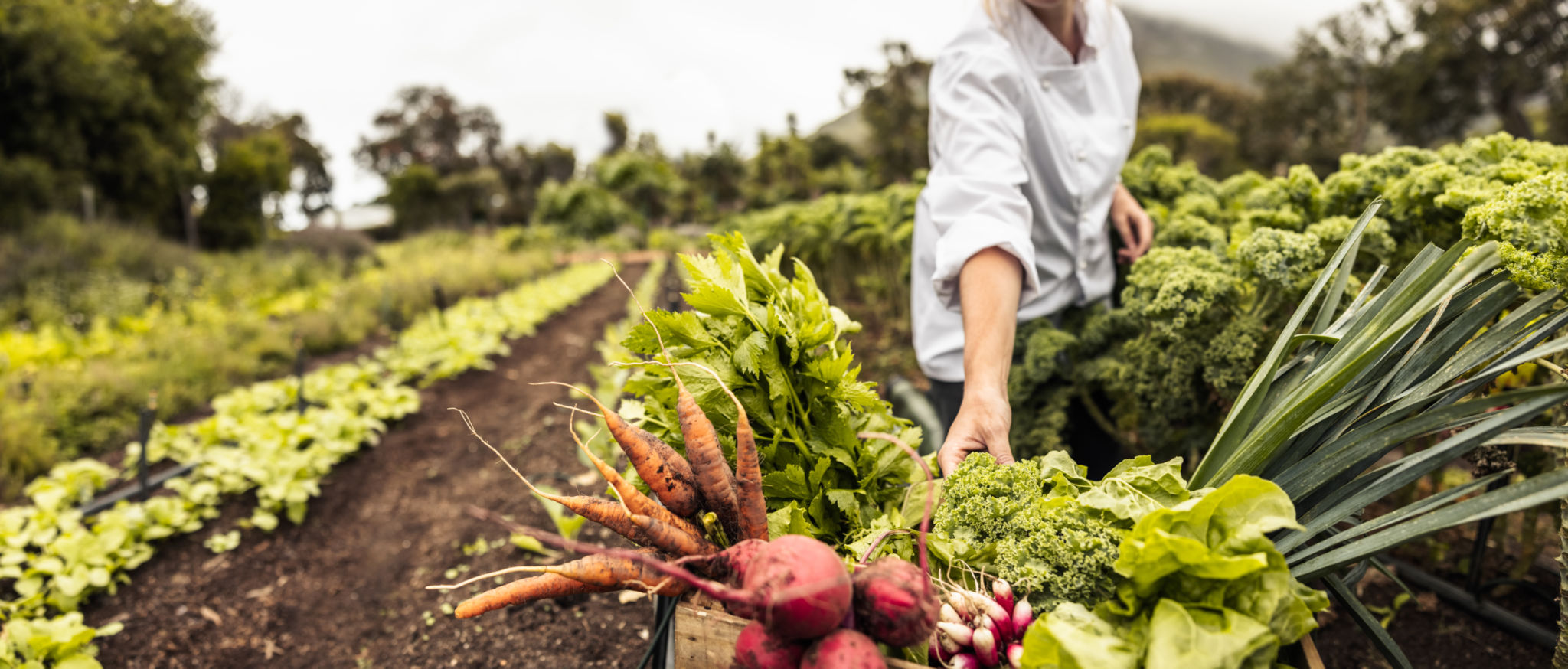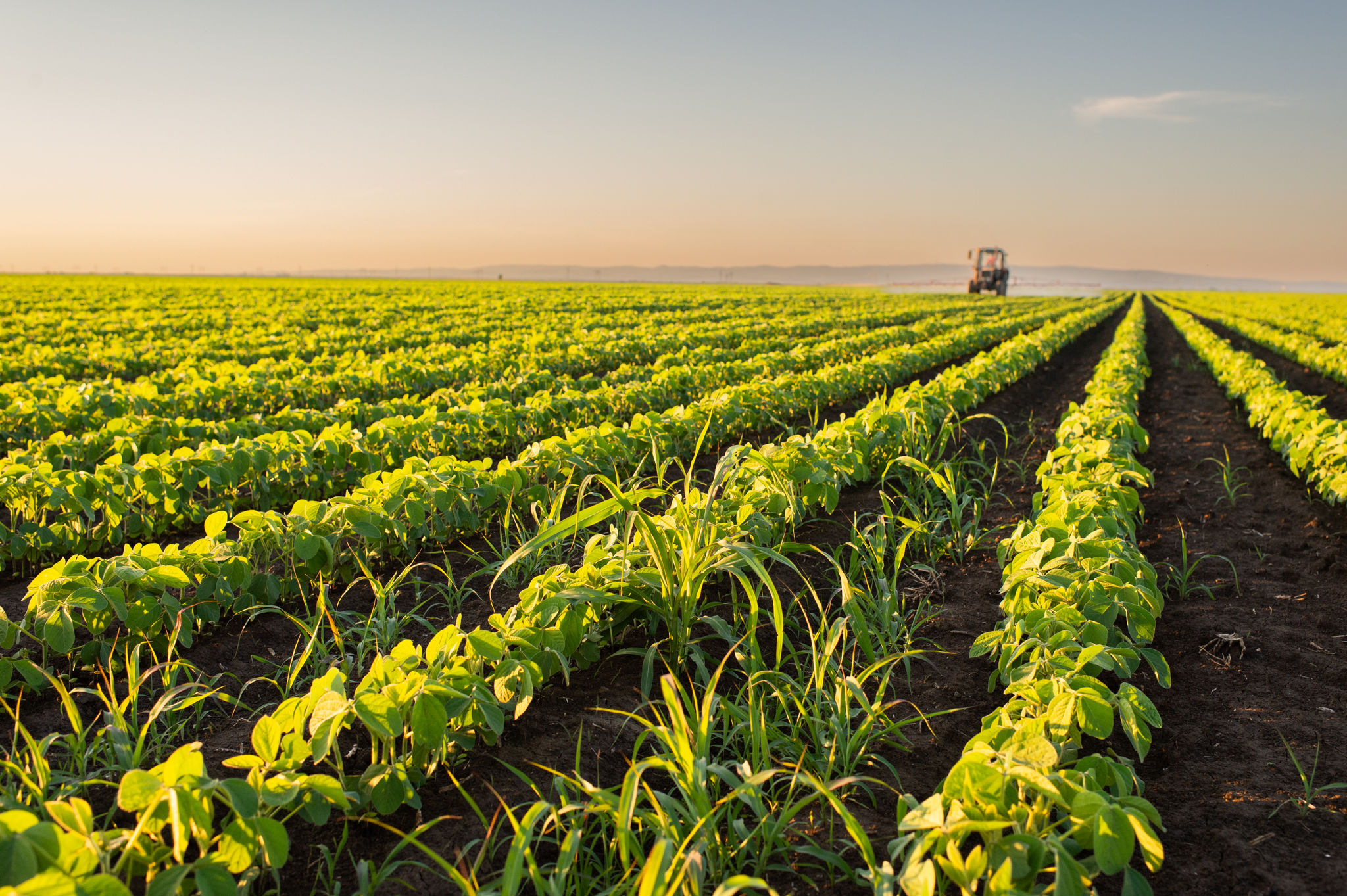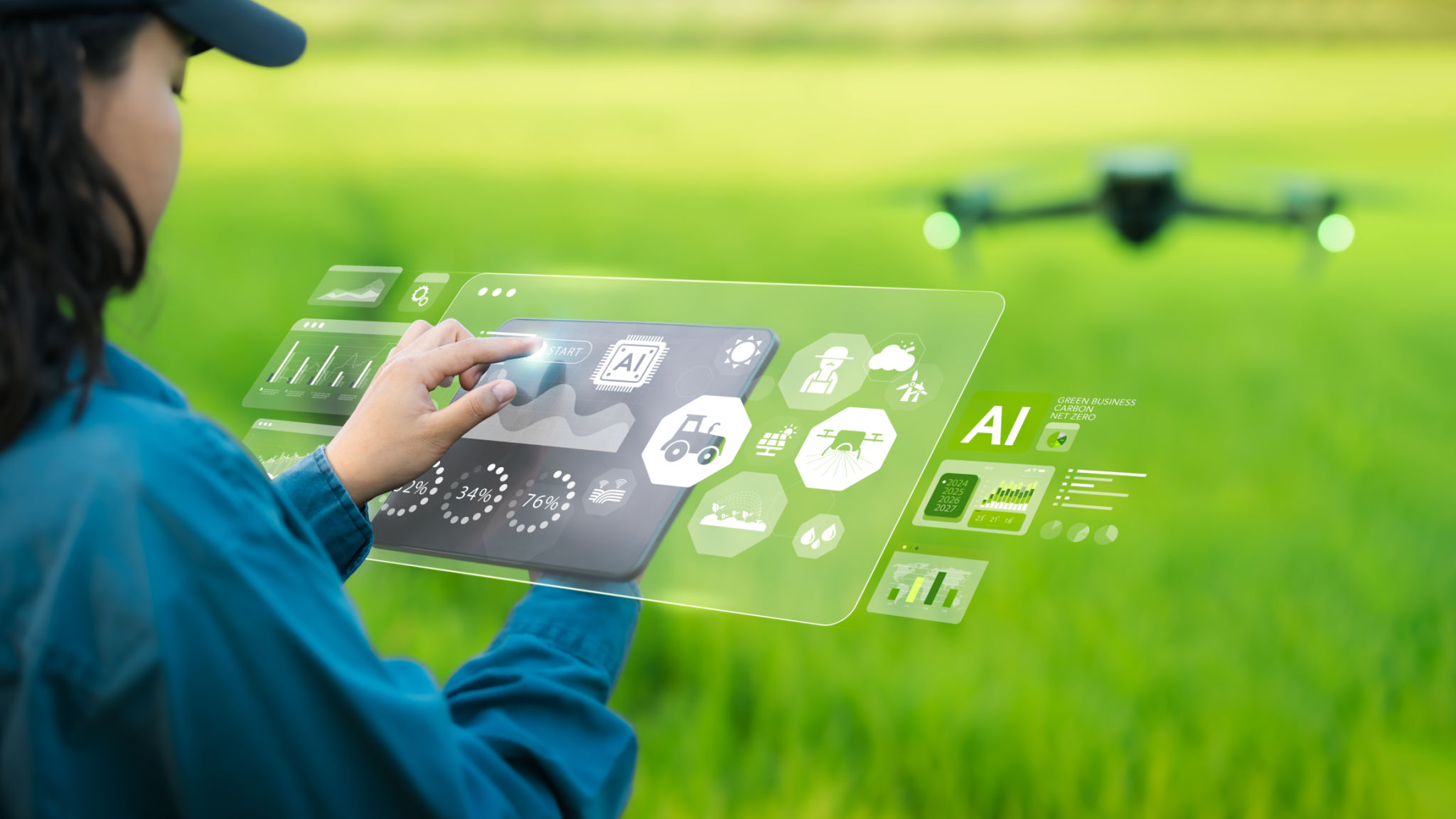Why Sustainable Agriculture is the Future: Insights from Verdant Trade Hub
The Importance of Sustainable Agriculture
Sustainable agriculture is quickly becoming more than just a trend—it's a necessity for the future of our planet. As the global population continues to rise, so does the demand for food production. Traditional farming methods, however, often lead to soil degradation, water scarcity, and loss of biodiversity. Adopting sustainable agricultural practices is crucial in ensuring that we can meet the world's food needs without compromising the environment.

Understanding Sustainable Agriculture
Sustainable agriculture involves farming practices that are environmentally friendly, economically viable, and socially responsible. This approach aims to maintain healthy ecosystems and support biodiversity while providing safe, nutritious food. Key components include crop rotation, organic farming, and integrated pest management.
The principles of sustainable agriculture are designed to conserve resources such as water and soil, reduce pollution, and promote fair labor practices. By focusing on these areas, farmers can create a more resilient agricultural system that benefits both people and the planet.
Insights from Verdant Trade Hub
Verdant Trade Hub has been at the forefront of promoting sustainable agriculture practices. Their research highlights several key benefits that come with adopting these methods:
- Environmental Preservation: By utilizing eco-friendly practices, sustainable agriculture helps preserve natural habitats and protect biodiversity.
- Economic Benefits: Sustainable practices often lead to lower costs in the long run due to reduced reliance on synthetic inputs and improved soil health.
- Social Responsibility: These practices support fair labor conditions and community well-being, ensuring that all stakeholders benefit.

The Role of Technology in Sustainable Farming
Technology plays a crucial role in advancing sustainable agriculture. Precision farming technologies, such as GPS-guided equipment and drones, allow farmers to optimize resource use and increase efficiency. Additionally, data analytics can help monitor crop health and predict yields, further enhancing productivity.
Innovations in biotechnology also contribute to sustainability by developing crops that are more resistant to pests and climate changes. These advancements enable farmers to produce higher yields with fewer resources, ultimately reducing the environmental impact.
The Global Shift Towards Sustainability
Governments and organizations worldwide are recognizing the importance of sustainable agriculture. Policies and incentives are being implemented to encourage farmers to transition to more sustainable methods. International partnerships and collaborations are also being formed to share knowledge and resources.
This global shift reflects a growing awareness of the interconnectedness between agriculture and environmental health. By working together, countries can create a more sustainable future for generations to come.
Challenges and Opportunities
While there are numerous benefits to sustainable agriculture, challenges remain. Transitioning from traditional methods can be costly and time-consuming for farmers. However, these challenges present opportunities for innovation and growth within the agricultural sector.

Organizations like Verdant Trade Hub are working to address these challenges by providing resources, education, and support for farmers. By investing in sustainable practices today, we can build a more resilient agricultural system that benefits everyone.
Conclusion: A Call to Action
The future of agriculture lies in sustainability. By embracing these practices, we can ensure food security, protect the environment, and support economic growth. It's time for individuals, businesses, and governments to come together and prioritize sustainable agriculture for a healthier planet.
